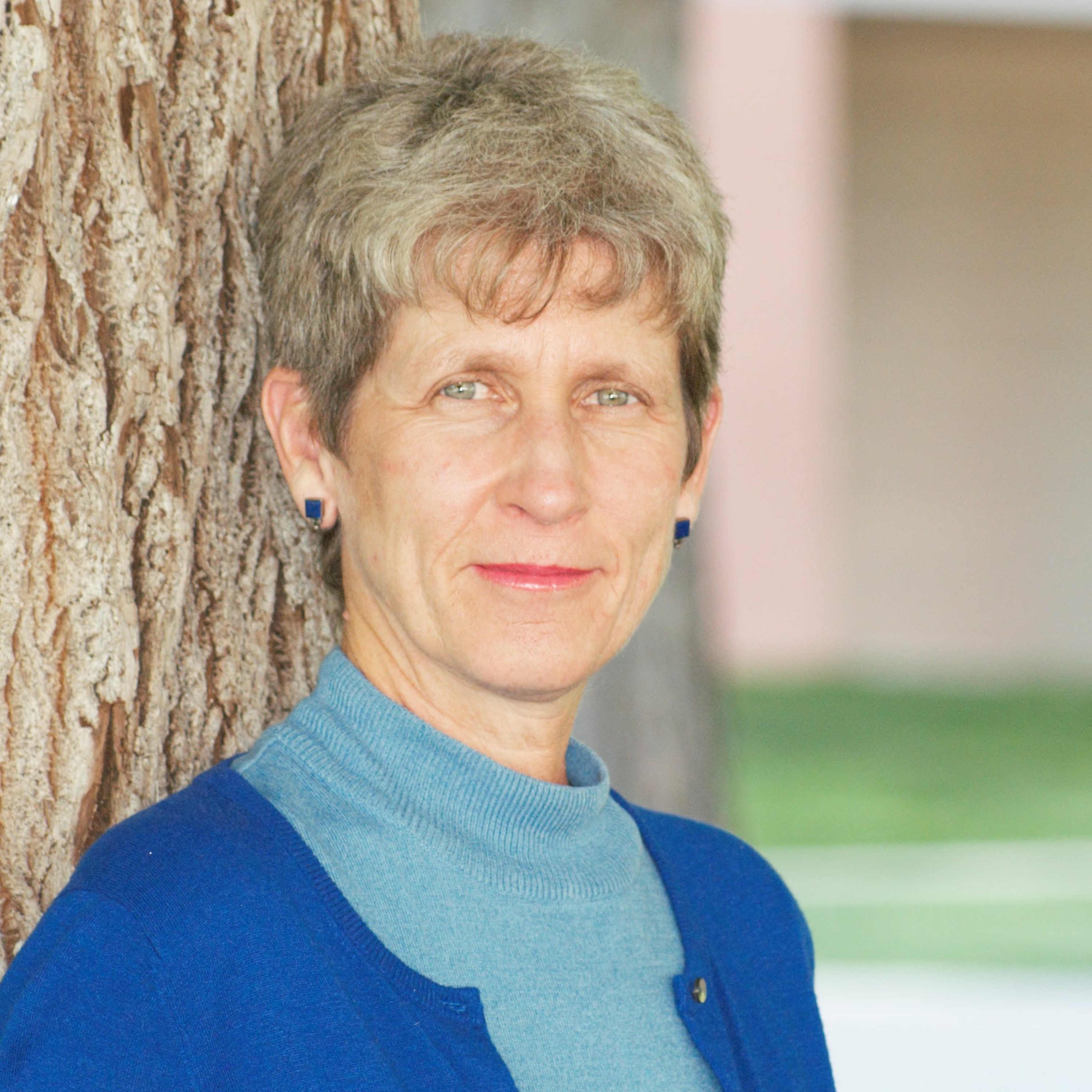Exposures from Oil and Gas Development and Childhood Leukemia Risk

Lisa McKenzie, PhD, has a new American Cancer Society research grant to explore the relationships between oil and gas environmental exposures and childhood acute lymphoblastic leukemia (ALL). The award builds upon her preliminary studies, which suggested that children living near oil and gas wells “may be economically disadvantaged and at greater risk for childhood leukemia.” According to Dr. McKenzie—who is a Clinical Assistant Professor at the University of Colorado’s School of Public Health—approximately 3 million children in the United States live within one mile of an oil and gas well. In this episode, Dr. McKenzie explains how she plans to evaluate the association between exposures from oil and gas development and childhood leukemia risk and why this work is critically needed to support state and federal policy. 4:51 – Lisa McKenzie, PhD, Clinical Assistant Professor at the University of Colorado’s School of Public Health 6:11 – On fracking and how oil and gas are removed from the ground 8:38 – How tapping into unconventional resources such as shale has brought the oil and gas industry into more communities 11:12 – On concerns that communities have raised about oil and gas environmental exposures 13:49 – What we know about carcinogens associated with the oil and gas industry 15:57 – On childhood acute lymphoblastic leukemia (ALL) 18:19 – Why it’s particularly concerning for children to be exposed to carcinogens 23:38 – Has proximity to oil and gas activity been associated with childhood ALL? 25:10 – How many children in the United States live near such activity? 26:07 – How she plans to build on her preliminary data using American Cancer Society funding 28:35 – Why she hopes her research could make a difference for parents and children 32:13 – On the state, national, and global policies for oil and gas environmental practices 34:07 – How ACS funding will allow her to continue her research 35:46 – A message she’d like to share with cancer patients, survivors, and caregivers